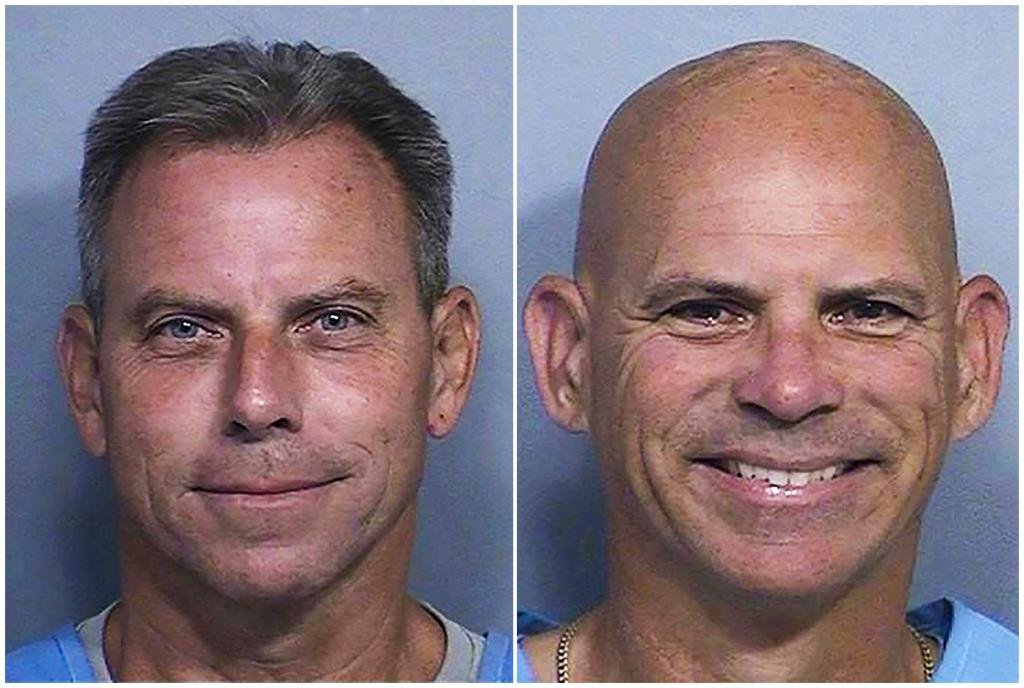Erik and Lyle Menendez: A Look into Their Ongoing Legal Drama and Recent Developments
The story of Erik and Lyle Menendez continues to capture public attention, particularly in light of recent developments regarding Erik’s health and their ongoing struggle for parole. Convicted in the 1989 murders of their parents, Jose and Mary Louise “Kitty” Menendez, the brothers have spent over three decades in prison without the possibility of parole. However, a recent California court ruling has changed their status, making them eligible for further consideration.
Health Concerns for Erik Menendez
On July 18, Erik Menendez was transported to an external medical facility due to what his attorney, Mark Geragos, describes as a “serious medical condition.” While specific details remain under medical privacy laws, reports indicate that Erik is suffering from kidney stones. Geragos has suggested that this health crisis warrants a temporary furlough from prison, especially as Erik prepares for an upcoming parole hearing scheduled for August 21-22, 2025. The request for a furlough highlights the continuous saga of the Menendez brothers, entwining issues of public interest and the legal system.
Legal Revisions and Parole Eligibility
In May 2025, a pivotal legal development occurred when Los Angeles Superior Court Judge Michael Jesic modified the sentences of the Menendez brothers from life without parole to 50 years to life. This change allows them to pursue parole, given that they were younger than 26 at the time of their crimes. The parole board will review their case, and if they recommend parole, the final decision will rest with Governor Gavin Newsom. The process emphasizes not just the legal aspects of their case but also the potential for redemption, albeit amidst a backdrop of a highly charged public narrative.
Controversies Surrounding Their Case
The Menendez brothers have long faced criticism, particularly from District Attorney Nathan Hochman, who has consistently opposed any attempt at securing their release. Hochman argues that the brothers’ claims about their motivation for the murders have shifted over time and lacks credibility. He notes that their initial narrative—that they killed their parents out of fear for their own lives—has been contradicted by their subsequent statements. This ongoing tension between the defense and the prosecution advocates highlights the complexities involved in high-stakes cases like theirs.
New Evidence and Claims of Abuse
Emerging evidence is adding another layer to the Menendez case, as their legal team has submitted documents aimed at substantiating their long-standing allegations of abuse. Recently, they highlighted a letter purportedly written by Erik to his cousin in late 1988, along with claims made by former Menudo member Roy Rosselló, who accused Jose Menendez of sexual abuse during his teen years. These revelations could potentially impact the perception of the brothers’ motivations and their quest for justice, stirring public sympathy for the challenges they claim to have faced.
Advocacy and Support Within the Prison System
During the May hearing, Judge Jesic indicated that the brothers have made notable contributions within the prison community over the years. He cited unexpected support from correctional officers, including a lieutenant, who spoke positively about the brothers’ interactions and rehabilitation efforts. Such endorsements could play a critical role in the parole process, showcasing the personal growth and transformation Erik and Lyle have purportedly experienced during their incarceration.
Conclusion: Ongoing Developments and Public Interest
As Erik Menendez contemplates his health and prepares for significant legal hearings, the Menendez brothers remain a complex subject of fascination for both the media and the public. With their eligibility for parole now a reality, the next few months promise to be critical in determining their fate. From health issues to long-standing allegations of abuse, the Menendez case serves as a lens through which larger issues of justice, rehabilitation, and public perception are examined. The fate of Erik and Lyle Menendez rests not only in the hands of the legal system but also in the court of public opinion, where their story continues to resonate with many.





